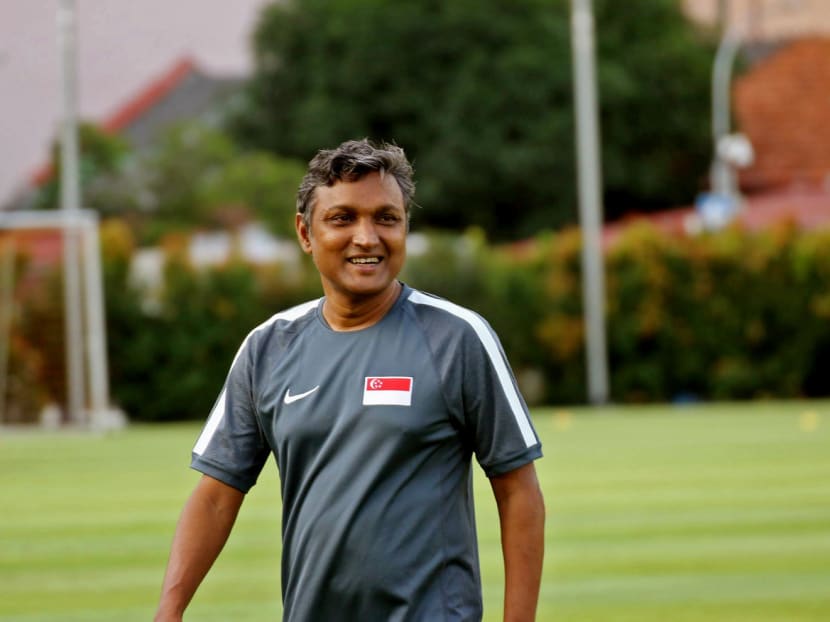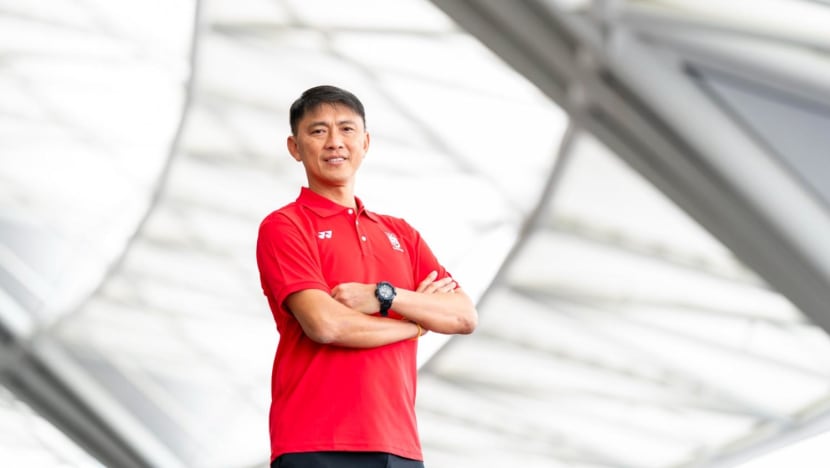Football, the world’s most popular sport, has always evolved with the times, and as technology continues to advance, it’s reshaping how the game is played and taught—especially at the youth level. Gone are the days when players only had to rely on basic drills and coaches’ intuition. Today, youth football training is getting a technological makeover, making training smarter, safer, and more effective. Here are five game-changing technologies that are revolutionising youth football training!
Image Credits: thelowcarbgrocery.com
Wearable Fitness Trackers
Gone are the days when coaches had to rely solely on their observations to assess a player’s performance. With wearable fitness trackers like GPS vests and heart rate monitors, coaches and players now have access to detailed metrics that provide real-time data on distance, speed, heart rate, and even movement efficiency. This data helps create personalized training plans based on an individual’s strengths and weaknesses, pushing players to achieve new levels of performance.
Wearables also offer invaluable insights into recovery times, ensuring athletes avoid overtraining and reduce injury risks. Whether it’s tracking a forward’s sprinting power or measuring a defender’s agility, these trackers provide data that helps fine-tune every aspect of a player’s game.

Image Credits: football4football
Virtual Reality (VR) Training
Virtual Reality has made its way into football training, and it’s a game-changer. By simulating real match scenarios, VR allows players to practice decision-making, spatial awareness, and game intelligence without the need for a physical field. Players can step into a virtual stadium, experience different tactical setups, and improve their vision for passing or shooting under pressure.
For coaches, VR offers a unique way to demonstrate complex tactics and strategies. Whether it’s teaching a young player how to break down a defensive line or enhancing their ball control skills, VR technology creates an immersive learning environment that drives performance to new heights.
AI-Powered Video Analysis
Artificial Intelligence is revolutionizing how we analyze game footage. Using advanced algorithms, AI software can break down every move on the pitch and provide insights on player positioning, tactical decisions, and overall team performance. This data is invaluable in identifying areas for improvement, from refining footwork to adjusting defensive strategies.
For youth players, AI-driven video analysis can highlight their progress over time and show exactly what needs to be improved. Coaches can use these insights to provide constructive feedback tailored to each player’s development, ensuring they stay focused on their goals.
Smart Balls and Sensors
Smart footballs, equipped with sensors, provide immediate feedback on key factors like shot accuracy, ball spin, and speed. These sensors collect data during practice and translate it into useful metrics that coaches and players can analyze. For example, a player can receive real-time feedback on their shot power, helping them adjust their technique and improve finishing.
These smart balls also help with ball control drills, as they offer insight into how much force is applied to the ball during dribbles and passes. With these smart tools, players can track their progress and fine-tune their skills, all while keeping training fun and engaging.

Image Credits: Hudl
Interactive Coaching Platforms
Gone are the days when coaches only used a whiteboard to demonstrate tactics. Interactive coaching platforms and apps have brought a new dimension to how coaches can communicate with players. These platforms allow coaches to draw, analyze, and simulate game scenarios in real-time, providing instant feedback to players.
Players can also access training videos, tactical breakdowns, and other resources through these apps, allowing them to review important concepts outside of regular practice sessions. By combining both physical and digital elements, these platforms are reshaping how players and coaches collaborate on developing skills and strategies.
Conclusion
As technology continues to advance, so too does the future of youth football training. From wearable trackers and VR simulations to AI-driven analysis and smart equipment, these innovations are giving young athletes the tools they need to reach their full potential. If you’re looking to elevate your training and give your child the edge they need to succeed in football, embracing these game-changing tools will set them on the path to success!
Join us at GoalKick Football Academy !































